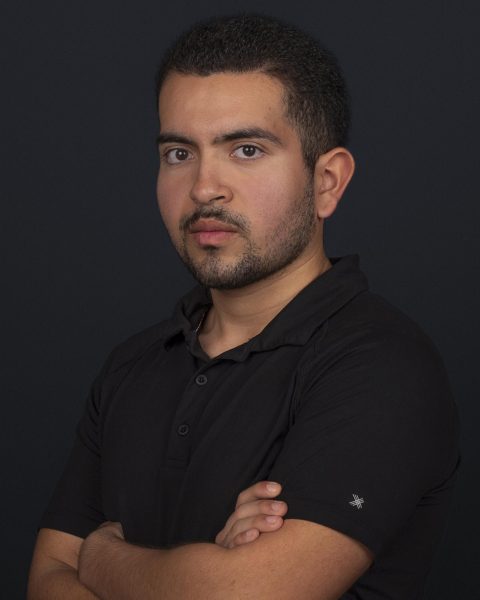
On a Thursday in May 2022, I was heading home from Fullerton College. I had recently graduated from high school, and I was looking for a job. My expectations were pretty low. Without a degree, the only jobs you could get were fast food restaurants and supermarket aisle stacking. Suddenly, I got a phone call from an old friend, who invited me to join this insurance company named Primerica, assuring me his boss was a trusted person and that I will fit in perfectly.
I logged on to a Zoom meeting, where my friend was with his boss. The boss greeted me politely: “It is so nice to meet you. Your buddy here told me great things about you and I figured you have potential,” and he explained the benefits Primerica would give me. “This is your chance to change the way others see you,” he said. After 25 minutes of boasting about how much I could earn selling insurance, he offered me the opportunity to join. I immediately said yes. He asked for a down payment to run a background check and to get me into the system. That was my weekly food expense. The boss explained that the money would come back in greater amounts. I trusted him and gave him my debit card number.
I did not realize it, but I had just fallen into a pyramid scheme, also known as a multi-level marketing scheme. According to the Journal of Law and Policy, “MLM” is a business model that consists of selling to customers and recruiting more sellers who pay for a membership. Almost everyone who joins an MLM loses money, which goes to the few on top of the pyramid.
After I paid, the boss’s behavior changed. He was not happy anymore, and his voice turned dry. He now said that if I wanted to succeed in Primerica, I had to be fully committed to it. I had to do everything he said, otherwise, I would fail and it would be my fault. When the meeting ended, I did research on the company. I thought that reading the opinions of other people would make me feel better. But after I googled Primerica, it was the opposite. The Federal Trade Commission identifies the company as a multi-level marketing scheme. I also found many videos of ex-members explaining the dangers of falling for their lies and joining the company.
I was seeing the mistake I made but was still not sure whether to leave. The boss called me on Saturday, two days after my first meeting with him. He was gentle again, asking how my day was going and how my family was. He mentioned that my friend told him I lived with my parents and that it would be nice if he had a chance to talk to them about this business. He asked me to schedule a meeting with them. I said no immediately. I didn’t mind taking the risk to try to sell insurance, but I didn’t want my parents to get dragged in. This was the sign I needed that this company was bad news. I told him I had an emergency and hung up the phone.
The pyramid scheme is common in Southern California, according to the City News Service. It targets the working-class Hispanic community, as well as young, recent high school graduates, or people in tough economic situations. Recruiters sell you a dream in which you become wealthy and successful. La Luz De Oro, a Los Angeles-based MLM company claimed to fix your credit score but used this structure to strip $16 million dollars from the people they scammed.
I remembered the money I had already paid a few minutes after the second phone call and checked my bank account to see my transaction history. To my surprise, half the money was set up as a monthly payment. Immediately, I filed a dispute with the bank and sent the boss a text: “Erase my name from your list and my information as well.” I deleted his number. He never replied.
YouTuber James Jani explains in his video “MLM cults,” that they try to get some personal information such as social security and bank accounts that they claim are for background checks or direct deposits, but really it makes people scared of leaving the company because they have their private information. The more you stay, the more money you lose.
I got out quickly, but others stayed. Juan Ramos, a 24-year-old man, who previously worked in construction in Los Angeles County, has been in the insurance company for two years. “They always try to keep you happy to be part of the company, as it is a family. With big events happening every two weeks or so, you are always encouraged to attend and listen to all the self-help content they show,” Ramos said.
Juan was just getting started with his college career when he joined them. He slowly saw how his life changed, but not how promised. “I talk to people, in the streets, in supermarkets, about Primerica and how it is meant to change lives, but it always feels like you are faking it”, Juan said. He mentioned that you are encouraged to stay away from those who advise you about the scam labeling them as bad influences and false friends. At this point, Juan knows it is a strategy to keep them hooked.
I got all my money back from the dispute, but not everyone is that lucky.
“I have tried to leave but the pressure is very high. They keep on telling me that I just have to work harder and harder, keep focus, and let go of distractions, to eventually become rich. They also keep telling me that if I quit, I will see all my dreams just go away and go back to where I started”, Juan said.


